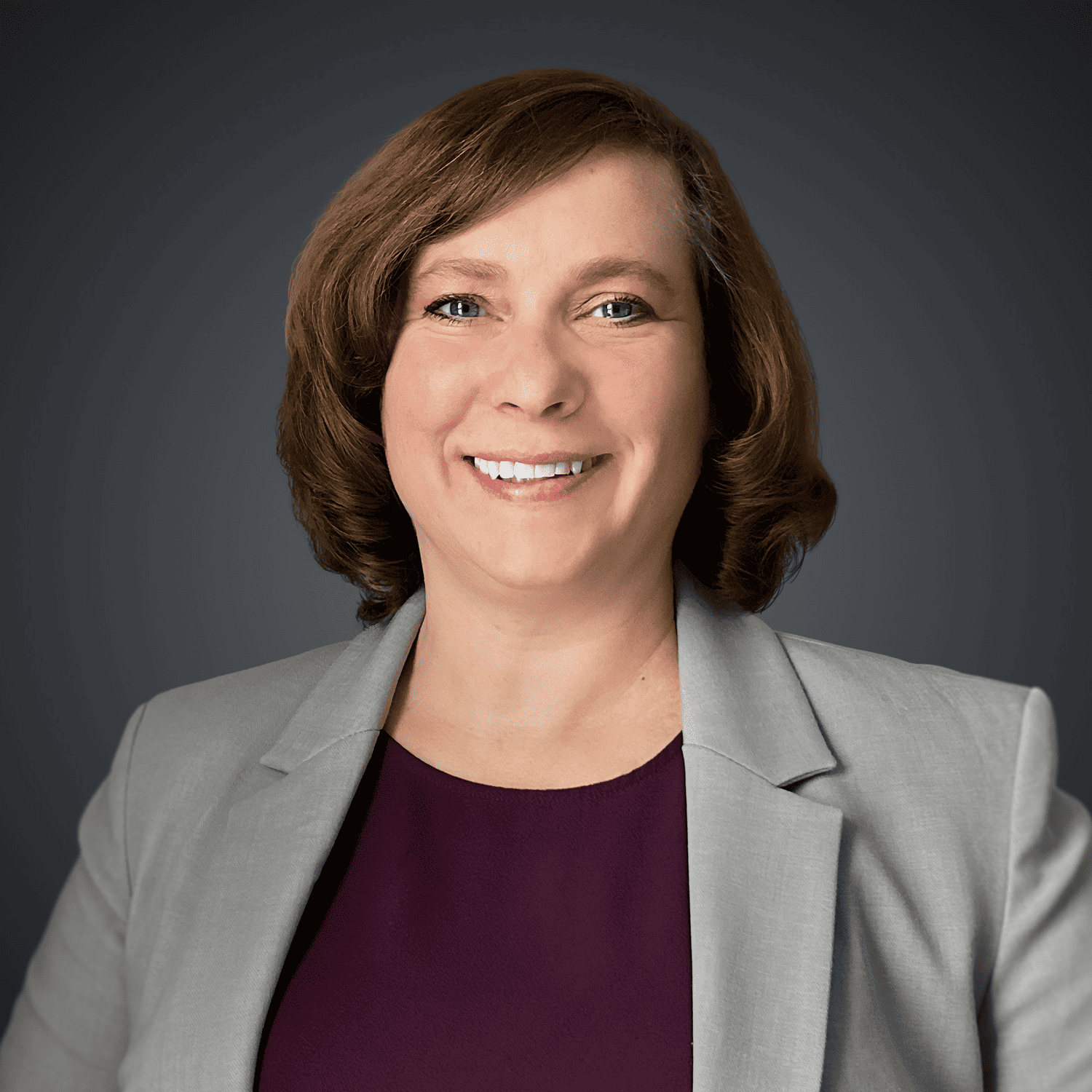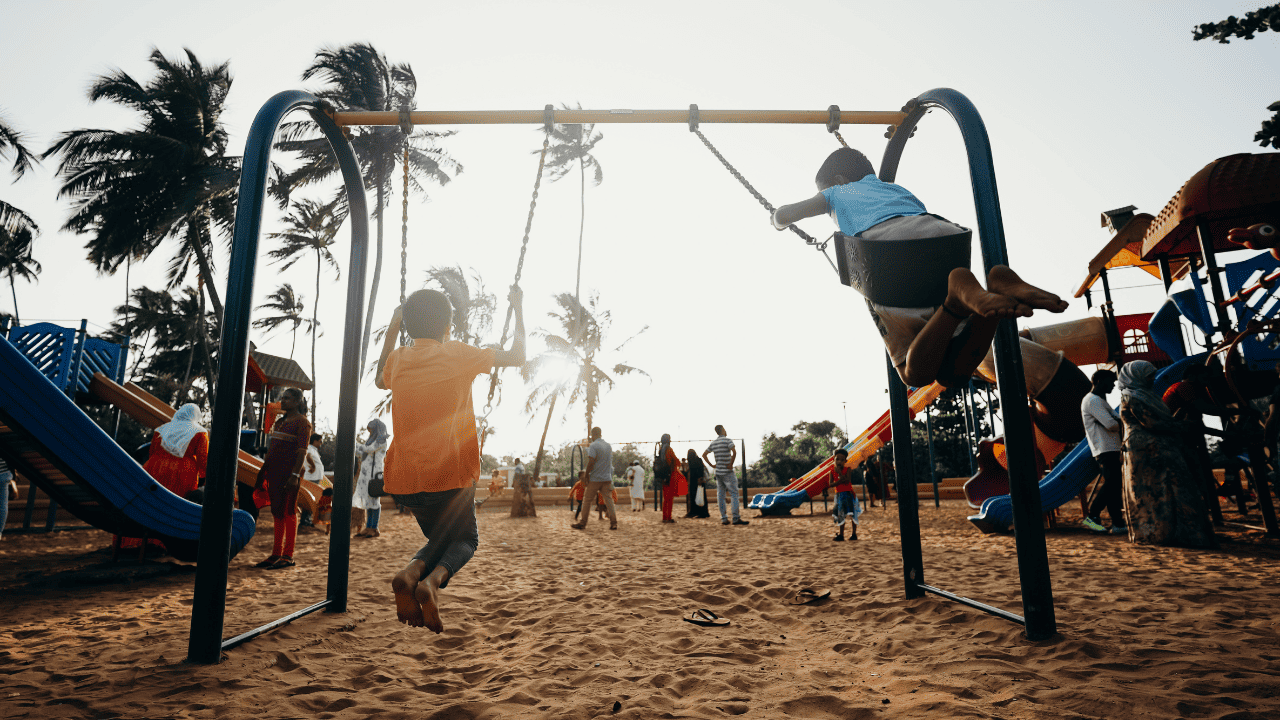 | | | | About the Author Nancy Joerger is a Product Development Specialist. Prior to joining Great Kids®, she worked as the Assistant Program Manager of the Early Head Start Program in Madison County. She lives in Hamilton, NY, with her husband and two daughters. She enjoys spending time with her family, boating, and being creative in her free time. |
The other day, I was walking by a local playground.
I stopped for a minute to notice all the happy children running around and playing with each other. It brought back such sweet memories of when my own kids were little and played on this playground with my community’s playgroup. Seeing how much the kids loved playing together and their parents bonding was such a heartwarming experience. Playgroups had a significant role in my parenting journey, and I’m so grateful for the memories they helped create.
While I started thinking about the benefits of playgroups for our family, I realized the significance of play in a child’s life.
Earlier in my parenting journey, I didn’t recognize the importance of play for my children… I just thought they were having fun. Play is such an important part of childhood that the United Nations High Commission for Human Rights recognizes play as a basic human right for every child to encourage optimal growth and development.1
Over the years, researchers have studied the importance of play in the lives of children.1 When children have opportunities to explore their curiosity and interact with the world around them, they grow and develop in all areas of learning.1 At Great Kids, we have utilized this research to create a parenting group curriculum that emphasizes the innate ability of children to play while also focusing on how parents can BEST support their child’s growth and development. Our GK Together curriculum encourages parents to follow their child’s lead, creating an environment of nurturing and joyful connections that will pave the way for lifelong learning. 1 Child-led play can also strengthen the parent-child relationship, as it encourages positive and back-and-forth communication, thereby enhancing the child’s cognitive and thinking skills.4
The GK Together curriculum is designed to support parents in engaging and learning with their children through all the stages of play.
- Prenatal parents have opportunities to reflect and imagine how their growing baby will react and respond during the group sessions, fostering prenatal bonding and attachment.2,5 They also have the experience of creating a family scrapbook or toys for their growing baby to share once they arrive.
- Infants use touch and exploration to learn about their world.1,2 During the playgroup sessions, parents support them in expanding their natural curiosity and learning more about their environment by using the materials and supplies in a way that most interests them.1,2
- Toddlers often play beside each other instead of with one another, a typical behavior called parallel play.2,5 They enjoy playing near other kids without sharing toys or engaging in interactions.2,5 Parents can support their children as they learn new skills and words through play.2,5
- Preschoolers begin to seek out their peers to play together, called social play.5 Experts remind us that it’s still common for children to need nurturing support and guidance to manage conflicts and practice sharing as they play with others.5
- Older children enjoy playing with peers and their parents for many years. When parents play with their older children, they have opportunities to connect with their children and learn more about their interests and strengths.4 Playing together also builds a sense of self-direction and confidence in children.4
At Great Kids, we believe play is crucial to a child’s development. That’s why we’ve created the GK Together program, a curriculum that emphasizes the natural inclination of children to play and grow. Our program is designed to provide parents with the tools to support their child’s growth and development through play experiences. It also encourages families to make social connections while learning from each other.
Playgroups have a special place in my heart, and I’m happy they are still bringing families together. I know how important those childhood moments are, and I’m grateful they created such wonderful memories in our family.
References:
- Ginsburg, K.D. MD, MSEd.,and the Committee on Communications, and the Committee on Psychosocial Aspects of Child and Family Health. (2007, January). The Importance of Play in Promoting Healthy Child Development and Maintaining Strong Parent-Child Bonds. Pediatrics 119 (1): 182–191. https://doi.org/10.1542/peds.2006-2697
- HealthLinkBC. (2021, November 1). Your child and play from birth to 3 years. https://www. healthlinkbc.ca/healthlinkbc-files/your-child-and-play-birth-3-years
- Raising Children Network. (2018, June 4). Stepping back from your child’s play: Why it’s good [Video]. YouTube. https://www.youtube.com/watch?v=PxHFRFM7EsE
- Seattle Children’s Hospital. (2017). Child-directed play. Seattle Children’s® Hospital Research Foundation. https://www.seattlechildrens. org/health-safety/keeping-kids-healthy/ development/child-directed-play
- Smith, P. K., & Pellergrini, S. (2013). Learning through play. Encyclopedia of Early Childhood Development. https://www.child-encyclopedia.com/play/according-experts/ learning-through-play


